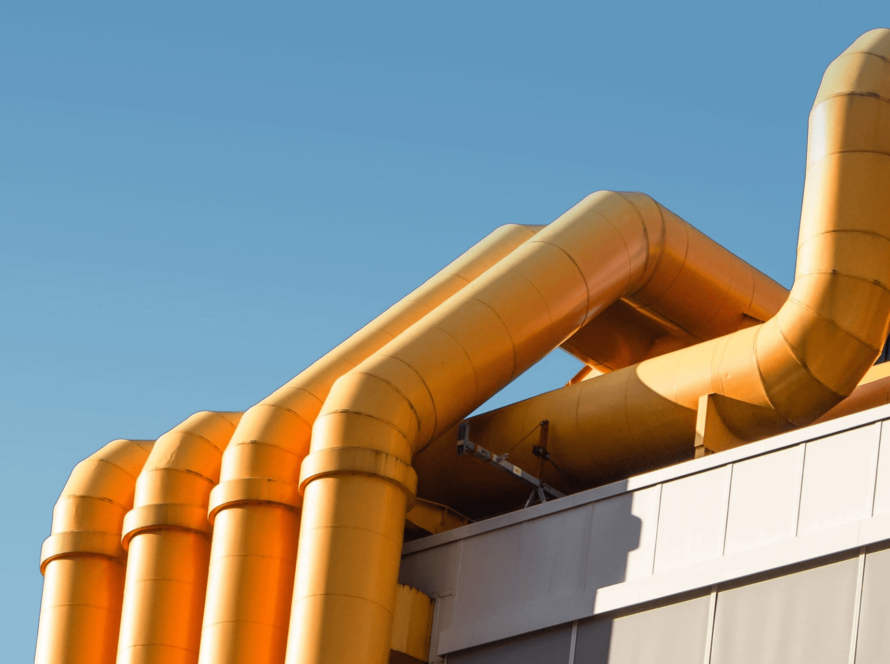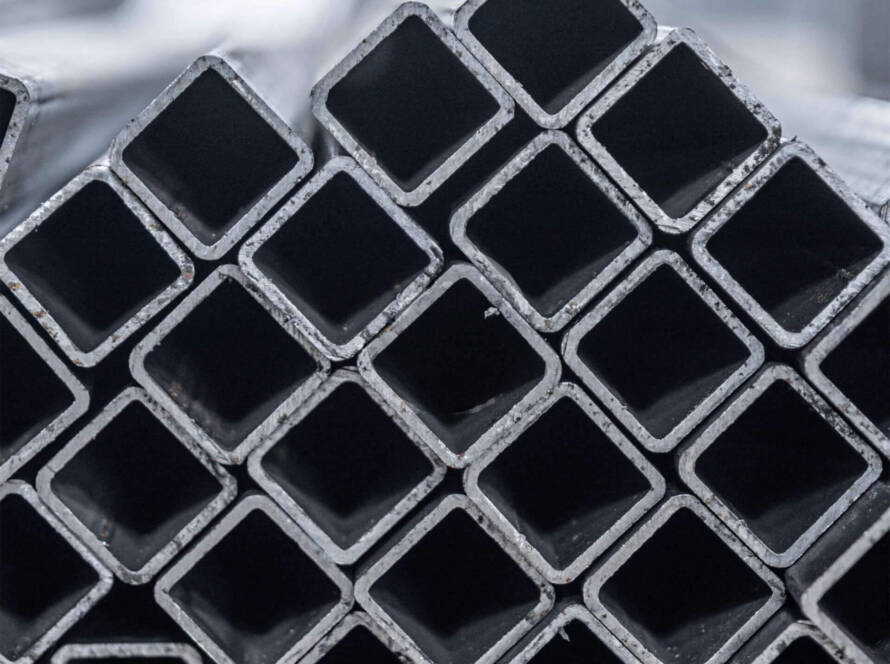Aluminium alloys have revolutionized modern industries with their remarkable properties, including light weight, high strength, and excellent corrosion resistance. From aerospace to consumer electronics, aluminium alloys are at the forefront of technological advancement. This blog explores some of the most innovative applications of aluminium alloys in various sectors, showcasing their versatility and impact on modern industries.
1. Aerospace Industry
Lightweight Aircraft Structures
Aluminium alloys, particularly the 7xxx and 2xxx series, are essential in the aerospace industry due to their high strength-to-weight ratio. These alloys are used in aircraft structures, including fuselages, wings, and landing gear components. The reduced weight contributes to fuel efficiency, lower emissions, and enhanced performance.
Spacecraft Components
The space industry benefits from aluminium alloys for their durability and resistance to extreme temperatures. Alloys like Al-Li (aluminium-lithium) are used in spacecraft structures, satellite components, and rocket bodies, enabling exploration and missions beyond Earth’s atmosphere.
2. Automotive Industry
Lightweight Frames and Bodies
To meet fuel efficiency standards and reduce emissions, the automotive industry has increasingly adopted aluminium alloys for vehicle frames and bodies. Alloys such as 6xxx series are used to create lightweight yet robust car structures, enhancing performance and safety.
Electric Vehicle (EV) Battery Housings
Aluminium alloys are pivotal in the design of electric vehicles. They are used in battery housings to provide a lightweight, strong, and thermally conductive enclosure, ensuring the safety and efficiency of the battery systems.
3. Construction Industry
High-Rise Buildings
The construction of high-rise buildings and skyscrapers leverages aluminium alloys for their strength and corrosion resistance. Aluminium cladding and structural components contribute to the durability and aesthetic appeal of modern architectural designs.
Sustainable Building Solutions
Aluminium alloys are integral to sustainable construction practices. They are used in solar panel frames, window frames, and curtain walls, offering energy efficiency, recyclability, and reduced environmental impact.
4. Consumer Electronics
Lightweight and Durable Devices
The consumer electronics industry relies on aluminium alloys for producing lightweight, durable, and aesthetically pleasing devices. Alloys from the 6xxx series are used in smartphone bodies, laptop casings, and other portable electronic devices, providing a sleek and robust finish.
Heat Dissipation Components
Aluminium alloys are used in heat sinks and cooling systems for electronic devices. Their excellent thermal conductivity ensures efficient heat dissipation, enhancing the performance and lifespan of gadgets and appliances.
5. Marine Industry
Corrosion-Resistant Vessel
In the marine industry, aluminium alloys such as the 5xxx series are used to construct boat hulls, decks, and superstructures. Their excellent corrosion resistance to seawater ensures the longevity and reliability of marine vessels, reducing maintenance costs and improving safety.
Offshore Structures
Aluminium alloys are also used in offshore oil and gas platforms, wind turbines, and other maritime structures. Their strength, durability, and resistance to harsh marine environments make them ideal for these demanding applications.
6. Renewable Energy
Wind Turbine Components
The renewable energy sector utilizes aluminium alloys in wind turbine components. The lightweight nature of aluminium helps in manufacturing larger and more efficient turbine blades, contributing to the overall efficiency and cost-effectiveness of wind energy production.
Solar Panel Frames
Aluminium alloys are extensively used in the frames and mounting structures of solar panels. Their durability, corrosion resistance, and ease of fabrication make them perfect for supporting photovoltaic panels in various environmental conditions.
7. Medical Industry
Medical Devices and Equipment
The medical industry benefits from aluminium alloys in the production of lightweight, durable, and corrosion-resistant medical devices and equipment. From surgical instruments to MRI machines, aluminium’s properties ensure reliability and safety in medical applications.
Prosthetics and Implants
Aluminium alloys are used in prosthetics and orthotic devices, providing strength and comfort to users. Their biocompatibility and lightweight nature make them suitable for various medical implants and supports.
8. Sports and Recreation
High-Performance Sports Equipment
Aluminium alloys are widely used in sports equipment such as bicycles, tennis rackets, and climbing gear. Their high strength, low weight, and durability enhance the performance and safety of athletes and outdoor enthusiasts.
Marine Sports Equipment
In marine sports, aluminium alloys are used to manufacture lightweight and durable equipment such as scuba tanks, boat fittings, and watercraft. Their corrosion resistance ensures longevity even in harsh saltwater environments.
Conclusion
The innovative applications of aluminium alloys across modern industries underscore their versatility, strength, and sustainability. As technology advances and industries continue to evolve, aluminium alloys will play an increasingly vital role in driving innovation, enhancing performance, and promoting sustainability. Whether in aerospace, automotive, construction, or consumer electronics, aluminium alloys are at the heart of modern industrial advancements, shaping the future with their remarkable properties and wide-ranging applications.


